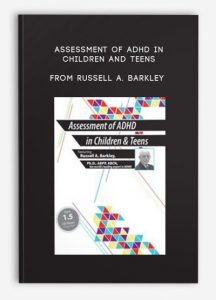 Assessment of ADHD in Children and Teens from Russell A. Barkley
Assessment of ADHD in Children and Teens from Russell A. Barkley
More information about Medical:
Medicine is the science and practice of establishing the diagnosis, prognosis, treatment, and prevention of disease.
Medicine encompasses a variety of health care practices evolved to maintain and restore health by the prevention and treatment of illness.
Contemporary medicine applies biomedical sciences, biomedical research, genetics, and medical technology to diagnose, treat, and prevent injury and disease,
typically through pharmaceuticals or surgery, but also through therapies as diverse as psychotherapy, external splints and traction, medical devices, biologics, and ionizing radiation, amongst others.
Medicine has been around for thousands of years, during most of which it was an art (an area of skill and knowledge) frequently having connections to the religious and
philosophical beliefs of local culture. For example, a medicine man would apply herbs and say prayers for healing, or an ancient philosopher and physician would apply bloodletting according to the theories of humorism.
In recent centuries, since the advent of modern science, most medicine has become a combination of art and science (both basic and applied, under the umbrella of medical science).
While stitching technique for sutures is an art learned through practice, the knowledge of what happens at the cellular and molecular level in the tissues being stitched arises through science.
Outline:
-
Assessment Goals
-
Information to get at the time of referral
-
Issues to be addressed in the evaluation
-
Methods for addressing those issues
-
Content of the parent interview
-
Purpose of the child/teen interview
-
Useful rating scales for evaluating ADHD
-
Problems with neuropsychological testing in the diagnosis of ADHD
-
Differential diagnostic tips for identifying ADHD
-
Essential ingredients in the parent feedback conference
Description:
In this seminar recording, Dr. Barkley presents his view on the best means for clinically evaluating ADHD in children and adolescents. The goals of the evaluation are initially discussed followed by information to be obtained before the day of the evaluation as well as topics to be covered in the initial interview with parents and children/teens. The issues to be addressed by the evaluation and the best methods for doing so are then presented. The types of rating scales and psychological tests that are useful in the evaluation of ADHD will also be reviewed. Special attention is given to the problems with using neuropsychological testing to make a diagnosis of ADHD. The presentation concludes with the topics essential to cover in the feedback conference with the parents on the results of the evaluation


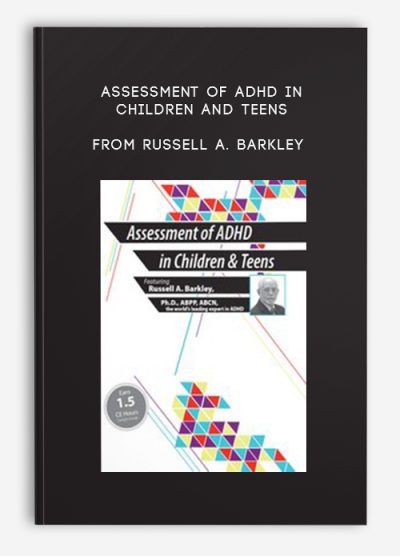


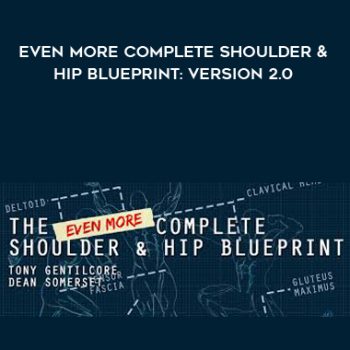

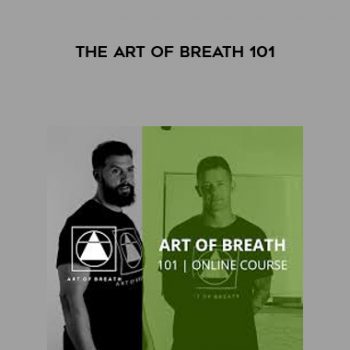


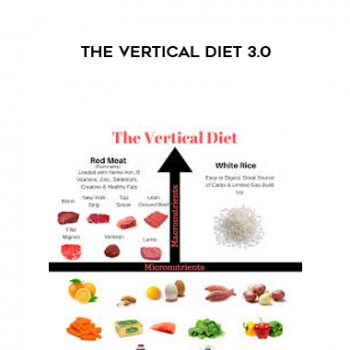
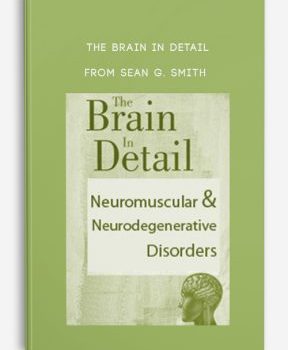

tristian –
This is Digital Download service, the course is available at Coursecui.com and Email download delivery.